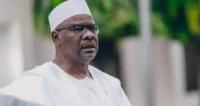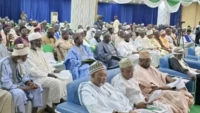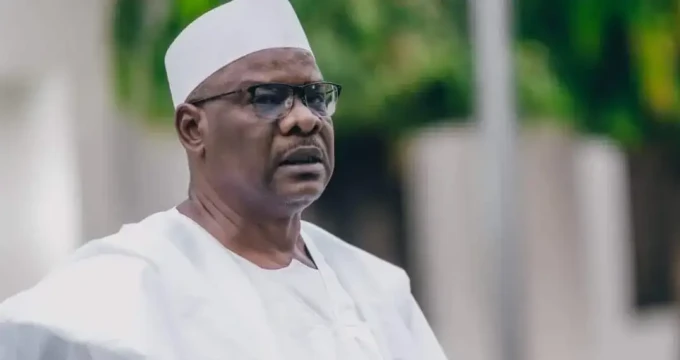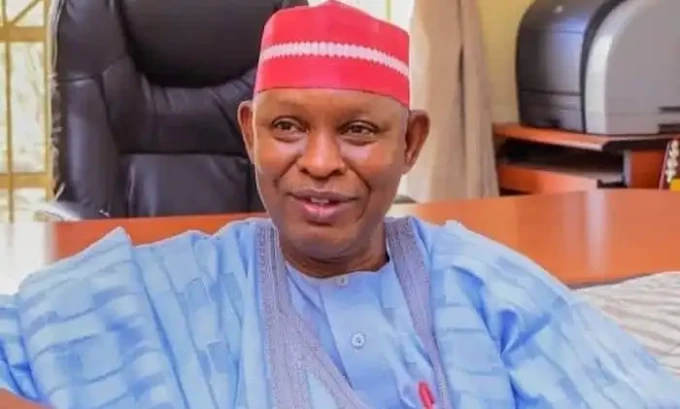Since assuming office on May 29, 2023, President Bola Ahmed Tinubu has embarked on a transformative journey to reshape Nigeria’s economic landscape, address security challenges, and promote social welfare. His administration’s vision centers on sustainable development, economic diversification, and inclusive growth.
A cornerstone of President Tinubu’s economic strategy was the removal of the longstanding fuel subsidy, a move aimed at reducing fiscal deficits and encouraging private sector investment in the oil industry. This decision, while praised for its long-term economic benefits, led to an immediate surge in fuel prices, contributing to a significant cost-of-living crisis for many Nigerians. Inflation rates escalated, with food inflation reaching 37.52%, placing a substantial burden on households. (businessday.ng)
In tandem with subsidy removal, the administration unified the foreign exchange market, floating the naira to stabilize the currency and attract foreign direct investment. This policy shift resulted in an increase in foreign exchange inflows by approximately $3 billion in the third quarter of 2023, as reported by the Central Bank of Nigeria. (nairaland.com)
Infrastructure development has been another focal point. The completion of the Second Niger Bridge has enhanced connectivity for over 40 million people in the South-East region. Additionally, the administration has allocated ₦800 billion for road construction across the country in 2024, aiming to stimulate economic activity and improve transportation networks. (nairaland.com)
On the security front, the administration has intensified efforts to combat insurgency, banditry, and other criminal activities. The enactment of the Terrorism Prevention and Prohibition Act established the National Counter Terrorism Centre (NCTC), and the Zero Ransom Policy has been prioritized to ensure the safe return of kidnapping victims. (von.gov.ng)
Social welfare initiatives have also been a priority. The administration introduced the Student Loans Act 2024, establishing the Nigerian Education Loan Fund to make tertiary education more accessible to young Nigerians. Additionally, the National Social Investment Programme (NSIP) was repositioned to eliminate intermediaries, ensuring direct benefits to intended recipients. (von.gov.ng)
Despite these efforts, challenges persist. The immediate aftermath of economic reforms has been marked by public discontent due to rising living costs. Critics argue that while the long-term benefits of these policies are evident, the short-term hardships have been significant. Furthermore, the administration continues to grapple with security issues, with ongoing efforts to enhance the capacity of security agencies to address insurgency and banditry. (thewillnews.com)
In summary, President Tinubu’s leadership has been characterized by bold economic reforms, significant infrastructure projects, and a commitment to social welfare. While these initiatives have laid the groundwork for a more resilient and diversified economy, the administration faces the ongoing challenge of balancing immediate public concerns with long-term national objectives.










Leave a comment